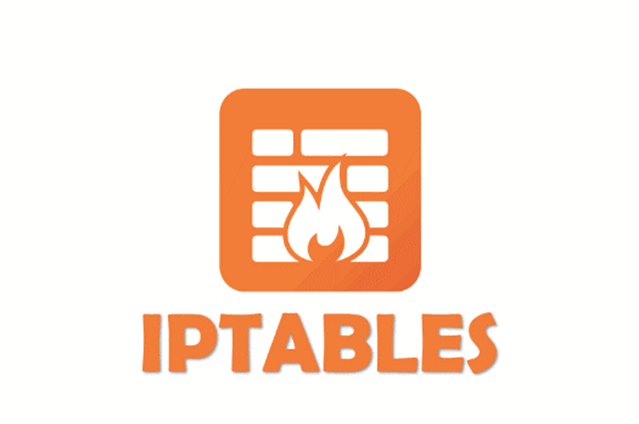
Introduction
Welcome to an in-depth exploration of `iptables`, the cornerstone of Linux firewall security. In this guide, we’ll focus on securing port 11211, crucial for Memcached, a high-performance, distributed memory caching system. Whether you’re a seasoned sysadmin or an enthusiastic techie, understanding how to effectively control access to this port is vital for safeguarding your server. Let’s dive into the nuances of configuring `iptables` to ensure robust protection for your system.
Understanding iptables Rules for Port 11211
Memcached, a popular distributed memory caching system, utilizes port 11211 for communication. To ensure the security of your server, it’s essential to control access to this port effectively. Let’s dissect the iptables rules designed for this purpose:
Allow Localhost Access
Firstly, we want to allow local processes to communicate with the Memcached service. For this, we create rules to permit TCP and UDP traffic originating from the localhost (127.0.0.1) on port 11211:
- Rule 1: Allow incoming TCP traffic from localhost on port 11211.
- Rule 2: Allow incoming UDP traffic from localhost on port 11211.
These rules ensure that applications running on the server itself can access Memcached without restriction. Here are the iptables commands to implement these rules:
iptables -A INPUT -p tcp -s 127.0.0.1 --dport 11211 -j ACCEPT
iptables -A INPUT -p udp -s 127.0.0.1 --dport 11211 -j ACCEPT
Explanation of the parts:
- iptables: The command to interact with the iptables firewall.
- -A INPUT: Append this rule to the INPUT chain, which handles incoming packets.
- -p tcp/udp: Specify the protocol (TCP or UDP) to which the rule applies.
- -s 127.0.0.1: Source IP address. Here, it’s set to the localhost (127.0.0.1).
- –dport 11211: Destination port. This specifies that the rule applies to traffic destined for port 11211.
- -j ACCEPT: If the packet matches all preceding criteria, accept it.
Restrict External Access
While allowing local access, it’s crucial to restrict external access to port 11211 to prevent unauthorized usage or attacks. To achieve this, we create rules to drop all incoming TCP and UDP traffic on port 11211 from external sources:
- Rule 3: Drop all incoming TCP traffic on port 11211 from external sources.
- Rule 4: Drop all incoming UDP traffic on port 11211 from external sources.
These rules effectively block any incoming connections from outside the server to port 11211, enhancing security. Here are the corresponding iptables commands:
iptables -A INPUT -p tcp --dport 11211 -j DROP
iptables -A INPUT -p udp --dport 11211 -j DROP
Explanation of the parts:
- iptables: Same as explained above.
- -A INPUT: Same as explained above.
- -p tcp/udp: Same as explained above.
- –dport 11211: Same as explained above.
- -j DROP: If the packet matches all preceding criteria, drop (discard without response) it.
How to Apply These Rules
Adding these iptables rules to your server is straightforward. Follow these steps:
-
- Open a terminal on your Linux server.
- Ensure you have root or sudo privileges.
- Enter the commands listed above or below to configure the rules:
sudo iptables -A INPUT -p tcp -s 127.0.0.1 --dport 11211 -j ACCEPT
sudo iptables -A INPUT -p udp -s 127.0.0.1 --dport 11211 -j ACCEPT
sudo iptables -A INPUT -p tcp --dport 11211 -j DROP
sudo iptables -A INPUT -p udp --dport 11211 -j DROP
iptables-save | tee /etc/sysconfig/iptablesiptables-save > /etc/sysconfig/iptablesConclusion
By implementing these iptables rules, you can significantly enhance the security of your Linux server, particularly concerning access to port 11211 used by Memcached. These rules strike a balance between allowing local processes to communicate with Memcached while preventing unauthorized external access. Stay vigilant and regularly review your firewall configurations to adapt to evolving security threats.
Support Techcratic
If you found this guide helpful and would like to support Techcratic, consider making a Bitcoin donation. Your contributions help us continue to provide high-quality content and resources. You can donate to the following Bitcoin address:
Bitcoin Address: bc1qlszw7elx2qahjwvaryh0tkgg8y68enw30gpvge
If you wish to donate through other means, please contact us at the Techcratic Contact form.

































































































